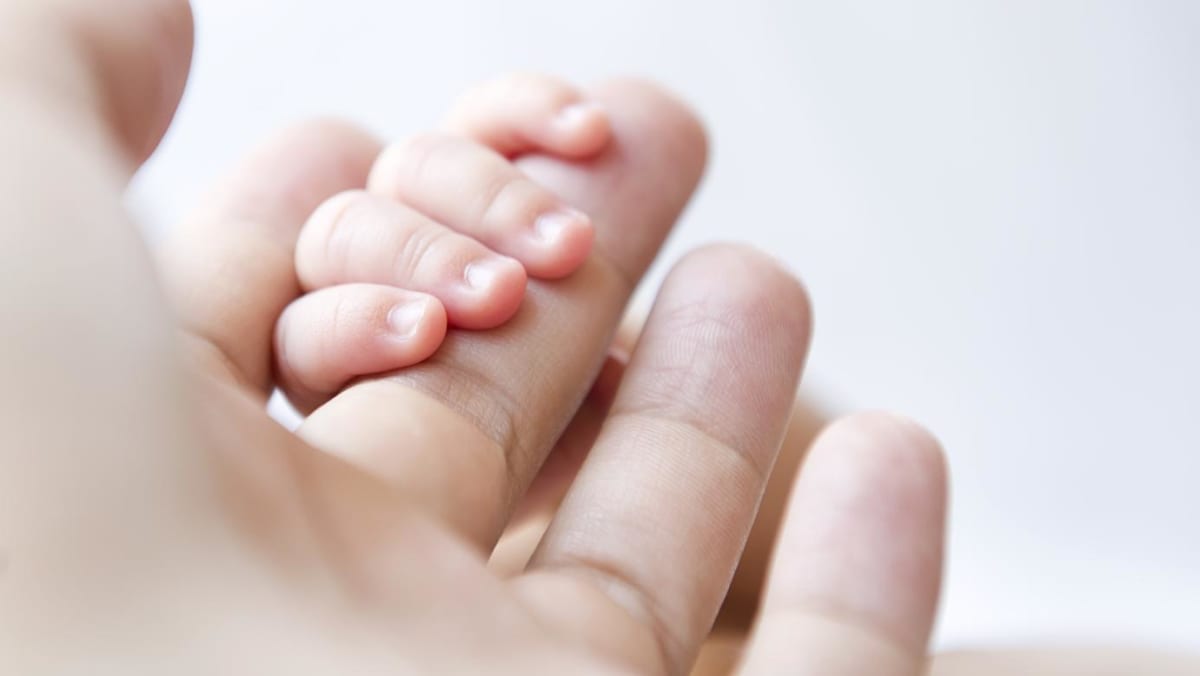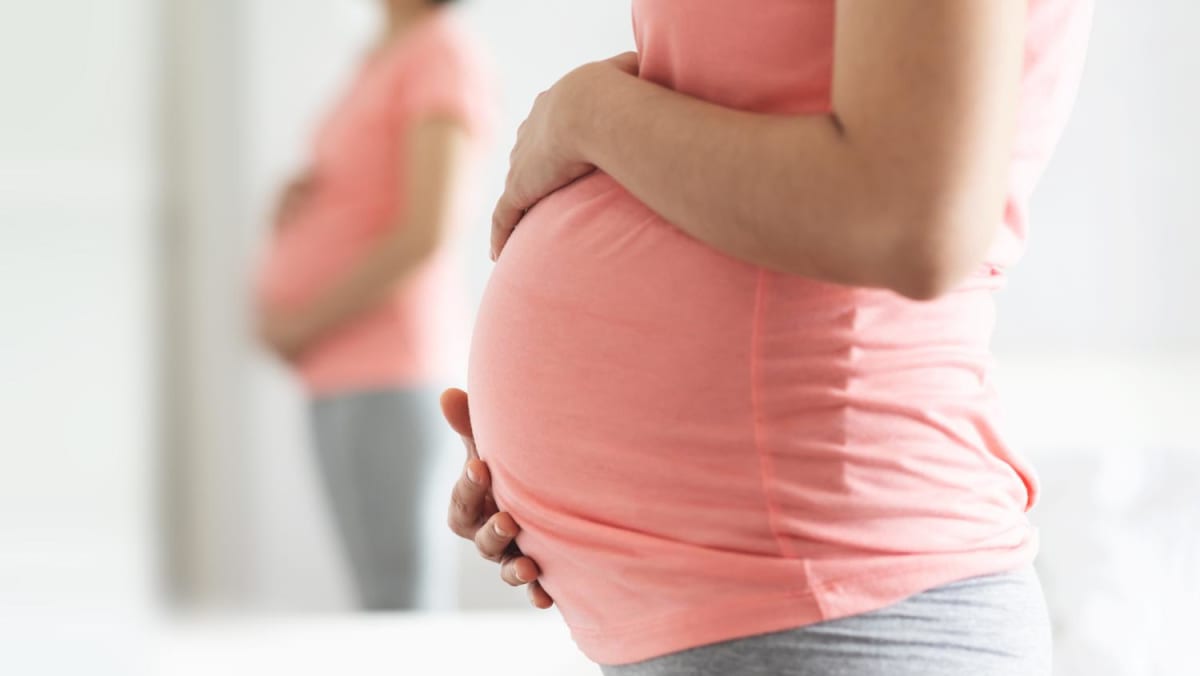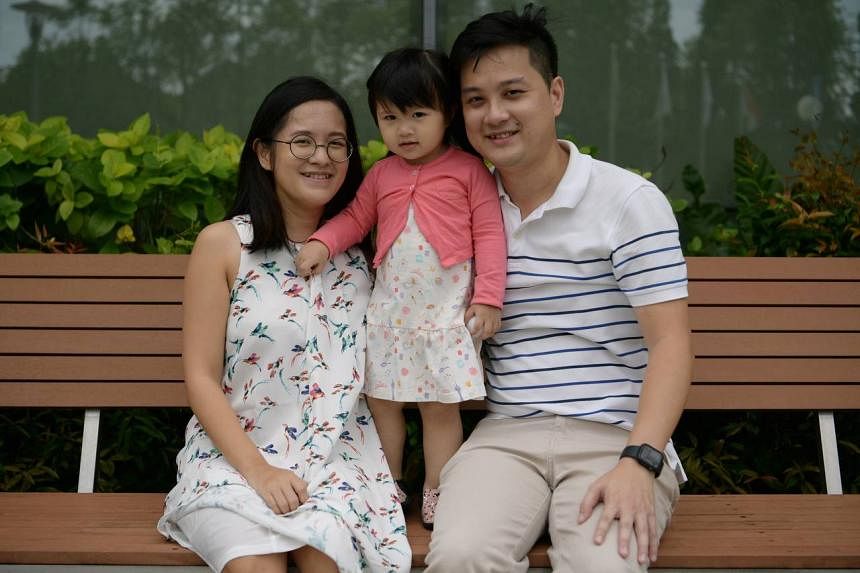Angelica Cheng
Active Member

Couples to get co-funding to help pay for pre-implantation genetic testing during IVF
SINGAPORE: A new co-funding scheme will be introduced for couples undergoing two types of pre-implantation genetic testing (PGT), the Ministry of Health (MOH) announced on Thursday (Jun 30). PGT is the process where embryonic cells are tested for previously identified genetic abnormalities. This...

New co-funding scheme for couples undergoing pre-implantation genetic testing
SINGAPORE — A new co-funding scheme will be introduced for couples undergoing pre-implantation genetic testing (PGT), the Ministry of Health (MOH) announced on Thursday (June 30).
SINGAPORE: A new co-funding scheme will be introduced for couples undergoing two types of pre-implantation genetic testing (PGT), the Ministry of Health (MOH) announced on Thursday (Jun 30).
PGT is the process where embryonic cells are tested for previously identified genetic abnormalities. This allows doctors to select healthy embryos for implantation to the womb during in-vitro fertilisation (IVF).
It ensures that the genetic abnormality is not passed on and reduces the possibility of miscarriages arising from such abnormalities.
About 40-50 couples currently undergo PGT annually and are expected to benefit from the scheme.
From July, couples with at least one Singaporean spouse who are clinically eligible for pre-implantation genetic testing for monogenic/single gene defects (PGT-M) and for chromosomal structural rearrangements (PGT-SR) can receive up to 75 per cent in co-funding by the Government, subject to caps.
Similar to existing co-funding schemes for assisted reproductive technology and intra-uterine insemination procedures, the level of co-funding and caps will depend on the citizenship status of couples.
Co-funding will be provided to eligible couples for individual stages of the PGT cycles. Each couple will be eligible for up to six co-funded cycles of PGT-M or PGT-SR.
Couples who are clinically eligible for PGT-M or PGT-SR will also be able to tap on their own or their spouse’s MediSave to pay for treatment cycles.
“We have been looking at a whole raft of measures to support families and that's really been our thrust - Singapore that's made for families - and it's got different parts to it. So this is a specific part targeted at an area which is growing I think in concern, which is fertility health,” said Minister in the Prime Minister’s Office Indranee Rajah, who was speaking on the sidelines of a visit to NUH.
The ministry introduced PGT-M and PGT-SR as regulated clinical services last year. Before that, the tests were available as part of a pilot programme.
PGT-M is used for screening single gene mutation in embryos that may result in severe forms of genetic disorders such as spinal muscular atrophy type 1 and 2.
On the other hand, PGT-SR is for detecting structural abnormalities in chromosomes which may manifest as conditions resulting in developmental delays or learning disabilities.
“These changes aim to provide financial support for eligible couples who would like to conceive but are at risk of transmitting serious inheritable diseases to their offspring, and are part of the Government’s larger efforts to support couples in their parenthood plans,” said MOH.
A typical PGT-M test first involves a pre-test work-up where a couple’s genetic materials - obtained via blood samples - are used to develop a specific laboratory test. This test is optimised and validated for use during the actual PGT.
There is no work-up for PGT-SR.
PGT is conducted with the help of IVF - which involves recovering the eggs from an ovary and fertilising them with sperm outside the body in a laboratory.
Next, the embryos are then sent for a biopsy at an assisted reproduction centre - there are nine of such centres in Singapore - before the embryonic cells are tested at the National University Hospital (NUH) Pre-Implantation Genetic Diagnosis Centre.
The centre is currently the only laboratory in Singapore approved to provide such testing.
Following testing, healthy embryos are then selected and transferred artificially into the uterus or fallopian tube.
On average, it takes about six months to one year to complete an IVF cycle and PGT.
Last edited:



